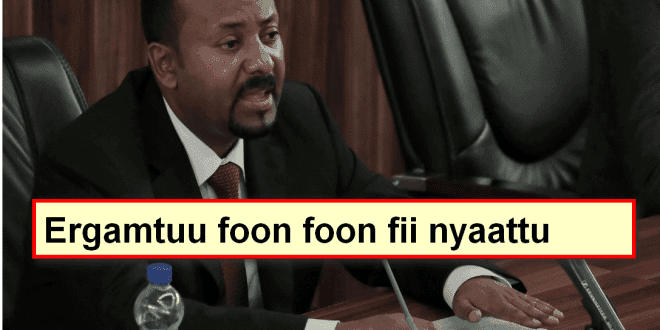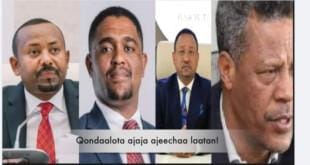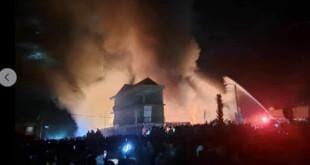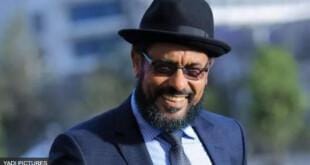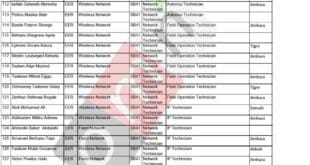ADDIS ABABA (Reuters) – Ethiopian security forces in the Oromiya region have executed 39 opposition supporters and arrested thousands of others accused of being members of an armed group, Amnesty International said on Friday.
The rights group said in a report that victims were accused of being supporters of the Oromo Liberation Army, the breakaway armed wing of the Oromo Liberation Front, which the government had previously declared a terrorist movement but which has been unbanned by Prime Minister Abiy Ahmed.
“Security forces have continued to violate human rights despite reforms introduced by Prime Minister Abiy Ahmed, and this is due to widespread impunity and lack of accountability for those violations,” Amnesty International’s Ethiopia researcher Fisseha Tekle said.
The Ethiopian army, the prime minister’s office and the Oromiya and the Amhara police did not immediately respond to requests for comment.
Daniel Bekele, the head of Ethiopia’s human rights commission, told Reuters that Amnesty’s findings “should be taken very seriously”.
Abiy has brought in reforms that included removing a ban on political parties, releasing political prisoners and welcoming home exiled militant groups such as the Oromo Liberation Front.
But the new freedoms have also meant long-repressed tensions have surged between the country’s many ethnic groups.
Since December 2018 the Ethiopian army has been deployed in Western and Southern Oromiya to combat an insurgency by the Oromo Liberation Army.
“The report is further proof that the new administration has not parted ways with the practice of forcefully stifling dissent, committing egregious human rights violations and carrying out extrajudicial killings,” the Oromo Liberation Front and the Oromo Federalist Congress, an opposition party, said in a joint statement, calling on the government to investigate the findings.
Based on interviews with 80 victims or direct witnesses of violence, Amnesty’s report said the Ethiopian army and regional security forces in Amhara and Oromiya were involved in inter- ethnic killings, mass arbitrary detentions and rape.
Reporting by Dawit Endeshaw and Giulia Paravicini; Editing by George Obulutsa and Giles Elgood
